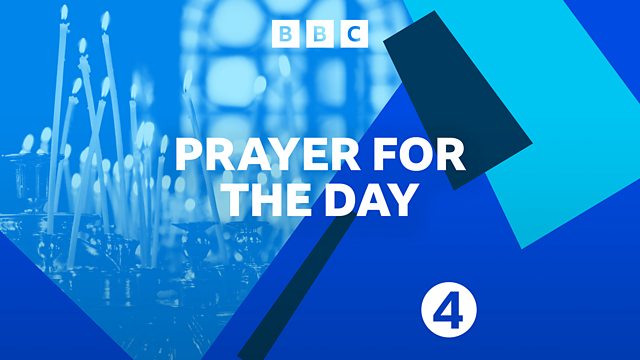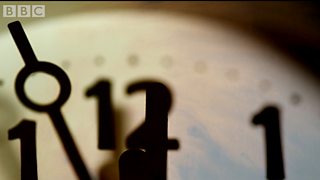
24/03/2021
Spiritual reflection to start the day with the Rev Dr Alison Jack of New College, Edinburgh
Last on
Script
Good morning.
‘One Art’ is
perhaps Elizabeth Bishop’s most famous poem. It’s a fine example of the fixed
poetic form called the villanelle, with five three-line verses followed by one
four-line verse. There’s a tight pattern of repeated rhymes and lines
throughout the verses. This repetition focuses in ‘One Art’ on the line ‘The
art of losing isn’t hard to master’ and the corresponding rhyme with
‘disaster’. The poetic form imposes a structure on an escalating range of
things which are lost: door keys, an hour, names, treasured possessions, a
sense of belonging in a place; until the last verse, when there is a loved
‘you’ who has been lost. The speaker is not convincing when she suggests she
has mastered the art of losing her lover, and implies all losses are equal. She
has to command herself to ‘write it’, that it looks ‘like disaster’.
A year ago
today we woke up to both the reality and the possibility of many losses. Some
were temporary: of freedom to travel; to meet people; to work; to shop. Some
would be permanent: the loss of businesses; of the experience of study; most
painfully, of those we knew and loved. As Bishop’s poem suggests, it is part of
the human condition to experience loss, and ‘mastering’ these losses may well
be what we long to be able to do. Perhaps on the outside that’s how it has
looked and continues to look, in the same way that Bishop’s use of the
constraints of the villanelle form seems to control the rising sense of
bereavement. ‘One Art’ quietly, implicitly, acknowledges that some losses are
indeed ‘disasters’ which may have to be lived with, even if never fully
mastered.
Loving God,
be our comforter in loss and our companion in sorrow. Help us to share one
another’s burdens, whatever they may be. Amen.
Broadcast
- Wed 24 Mar 2021 05:4391�ȱ� Radio 4

